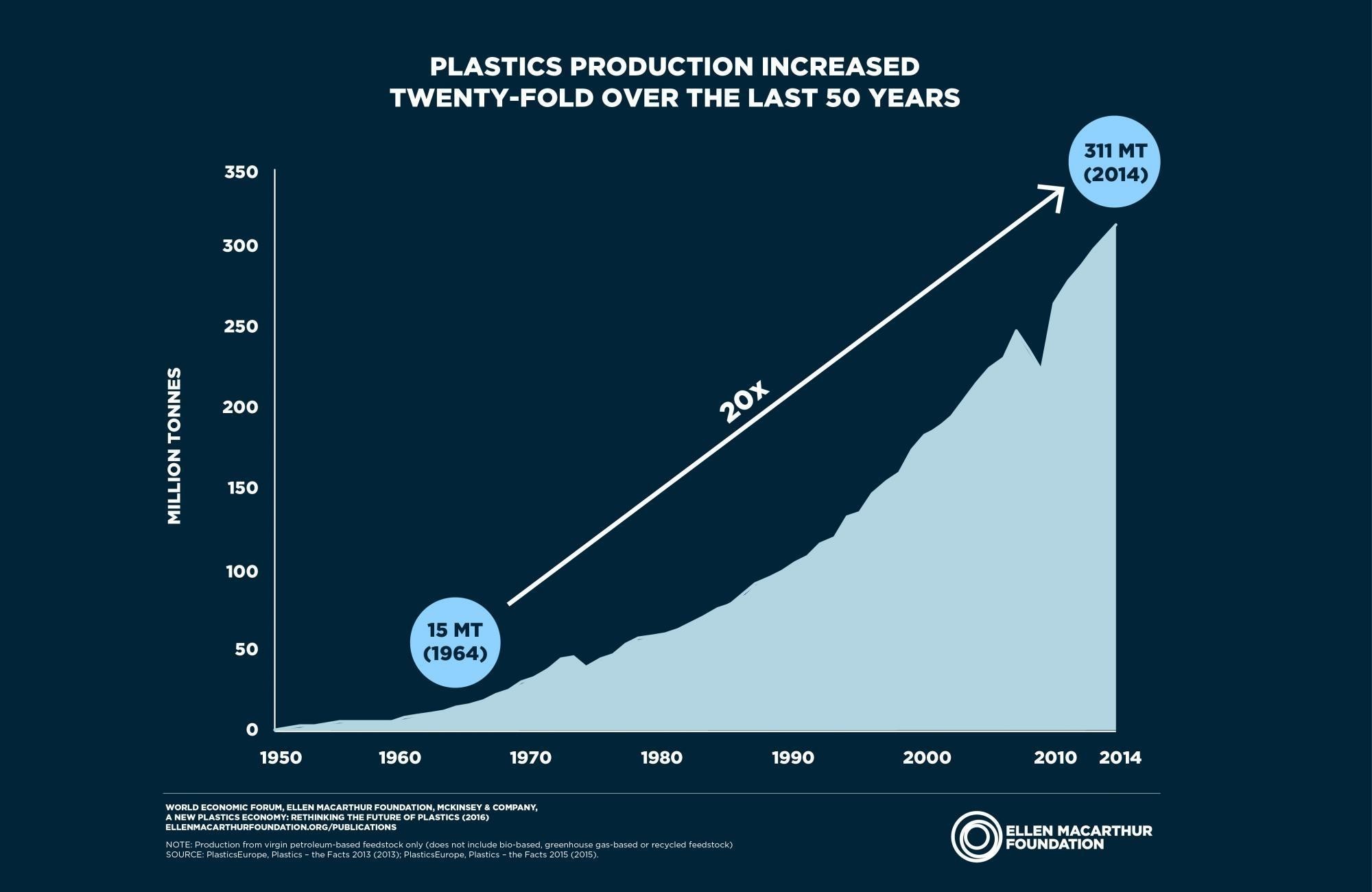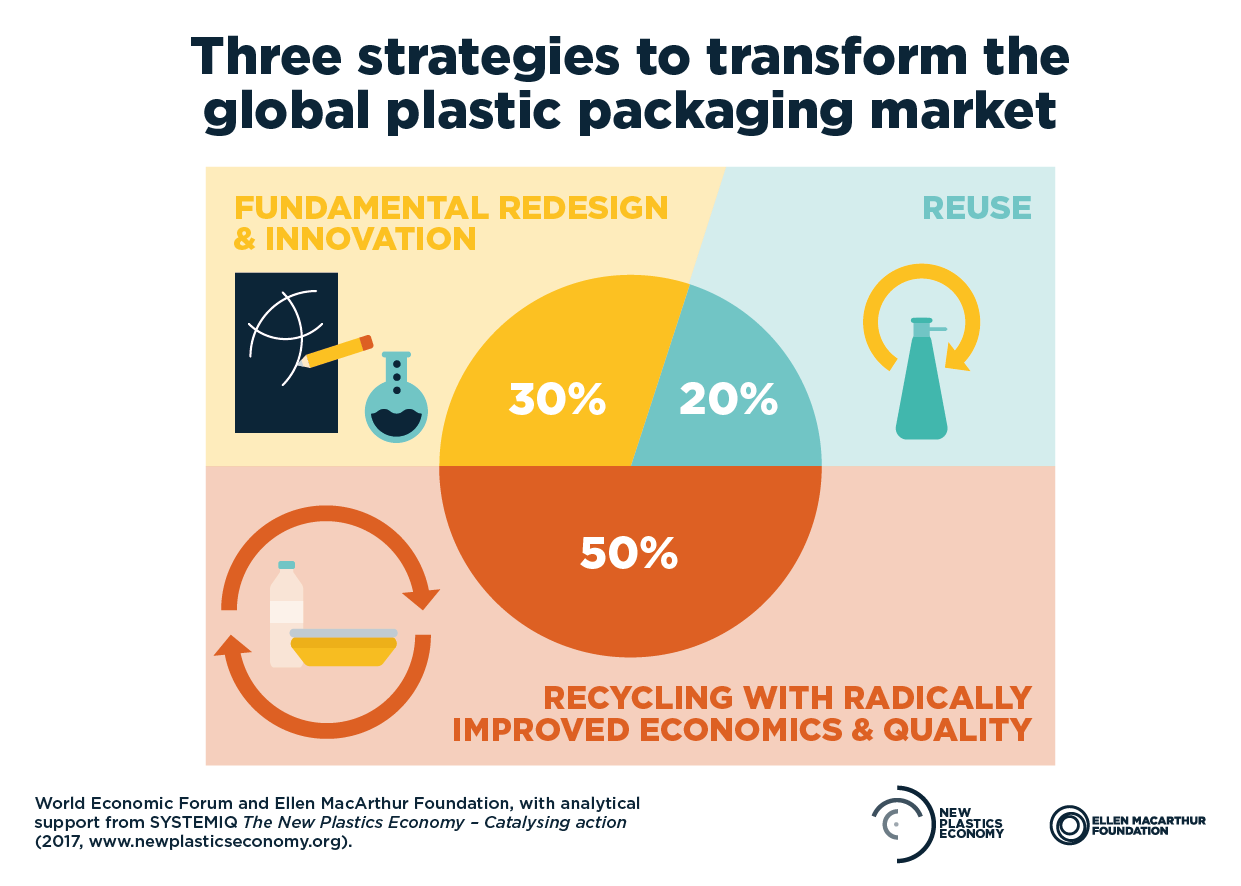We don’t need to ban plastic. We just need to start using it properly

The very properties that makes plastic so dangerous - its durability and long lifespan - also make it a great asset Image: REUTERS/Athit Perawongmetha
Humanity’s relationship with plastic is rather schizophrenic.
It is present in almost every aspect of modern life, from water bottles to aircraft. Without it, our lives would not be the same. However, it is now considered an environmental evil because of the havoc that plastic waste wreaks. We see it on our streets, in our rivers and lakes, on our beaches and even in our deepest oceans. There will be more plastic than fish in the ocean in 30 years, scientists estimate. Let us not be foolish enough to think the plastic will stay there. After it is eaten by fish and marine life, causing great damage, it enters the bodies of anyone who eats them.

Many environmental activists are calling for a ban on plastics. However, the very properties that make plastic so dangerous - its durability and long lifespan - also make it a great asset. A material that will not die or be destroyed for five hundred years is valuable. We can reuse it almost endlessly. The problem is not plastic itself. The problem is using it irresponsibly.
A material that can be constantly recycled is a great help to ecology and the economy, especially when the human population is growing rapidly and our lifestyle demands are increasing exponentially. The solution is not to ban plastic, but to ensure that it is used responsibly and recycled properly.
However, plastic recycling is a complicated issue. There are so many different grades of plastic, each requiring their own recycling process. Some of these plastic types are not even recyclable in a commercially viable manner. The process of collecting and sorting these different categories has many challenges, including technological capacity, and social awareness around disposal.
A blueprint to transform "filth into wealth" is the need of the hour. A comprehensive legal and policy framework to streamline and commercialize the process of plastic recycling must be created. It is the plastic industry’s responsibility to raise the necessary social awareness about responsible use and recycling. If we can show people that plastic is precious, you will not find a piece of plastic waste anywhere.

As host of World Environment Day 2018, India must lead by example, by eliminating single-use plastic. Strict enforcement of law is key. If the world’s major powers, including India, China, the US and the EU, introduce this ban at a policy level, it will percolate easily to the rest of the world.
Humanity must realize that, given our current footprint, reusing and recycling everything is most important. Right now, we treat ecological concerns as an obligation to fulfil. They are not an obligation - our lives depend on them. Our very body is an extract from this planet. Preserving and nurturing Earth is no different from creating a good life for ourselves. Our life is an integrated, connected life. There can be no good life without a good planet.
Our ideas about development and the economy have removed us from this reality. It is time we realize that the fanciful notions we have about life and the world no longer work. We have to do something more mature. This maturity must come from business, industry and government.
In our lives, if we do not do what we cannot do, it is not a problem. But if we do not do what we can do, we are a disaster. It is my wish that we, as a generation, do not become a disaster.
Don't miss any update on this topic
Create a free account and access your personalized content collection with our latest publications and analyses.
License and Republishing
World Economic Forum articles may be republished in accordance with the Creative Commons Attribution-NonCommercial-NoDerivatives 4.0 International Public License, and in accordance with our Terms of Use.
The views expressed in this article are those of the author alone and not the World Economic Forum.
Stay up to date:
Future of the Environment
Related topics:
Forum Stories newsletter
Bringing you weekly curated insights and analysis on the global issues that matter.






